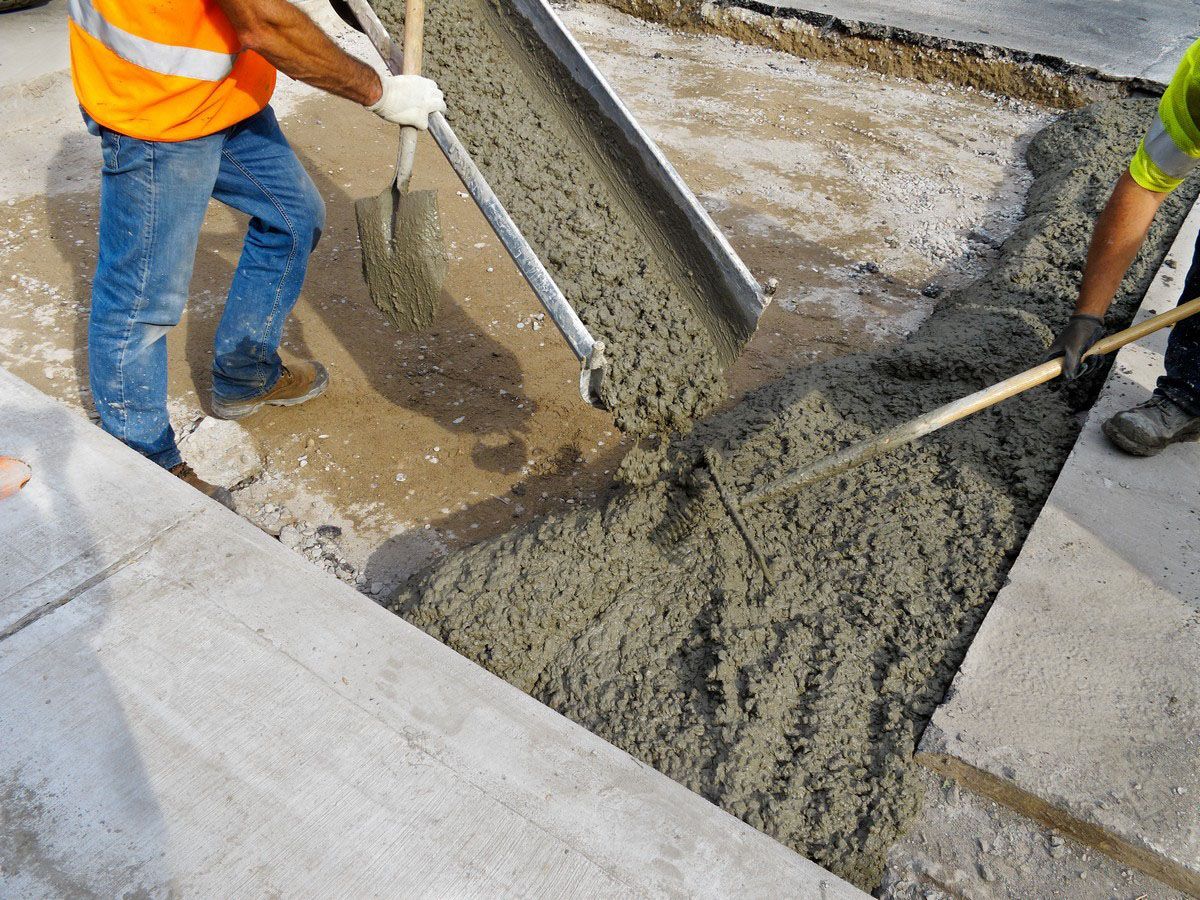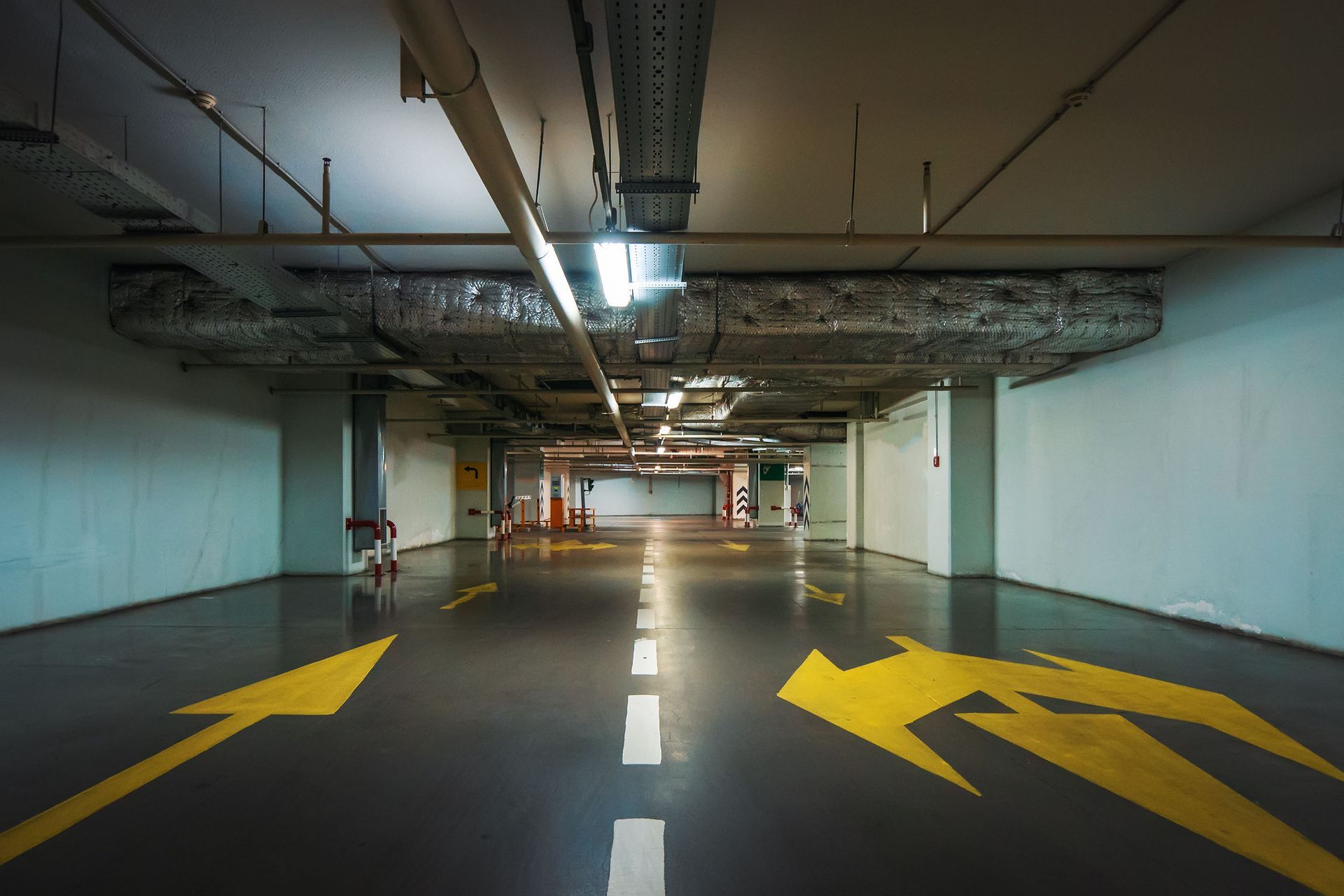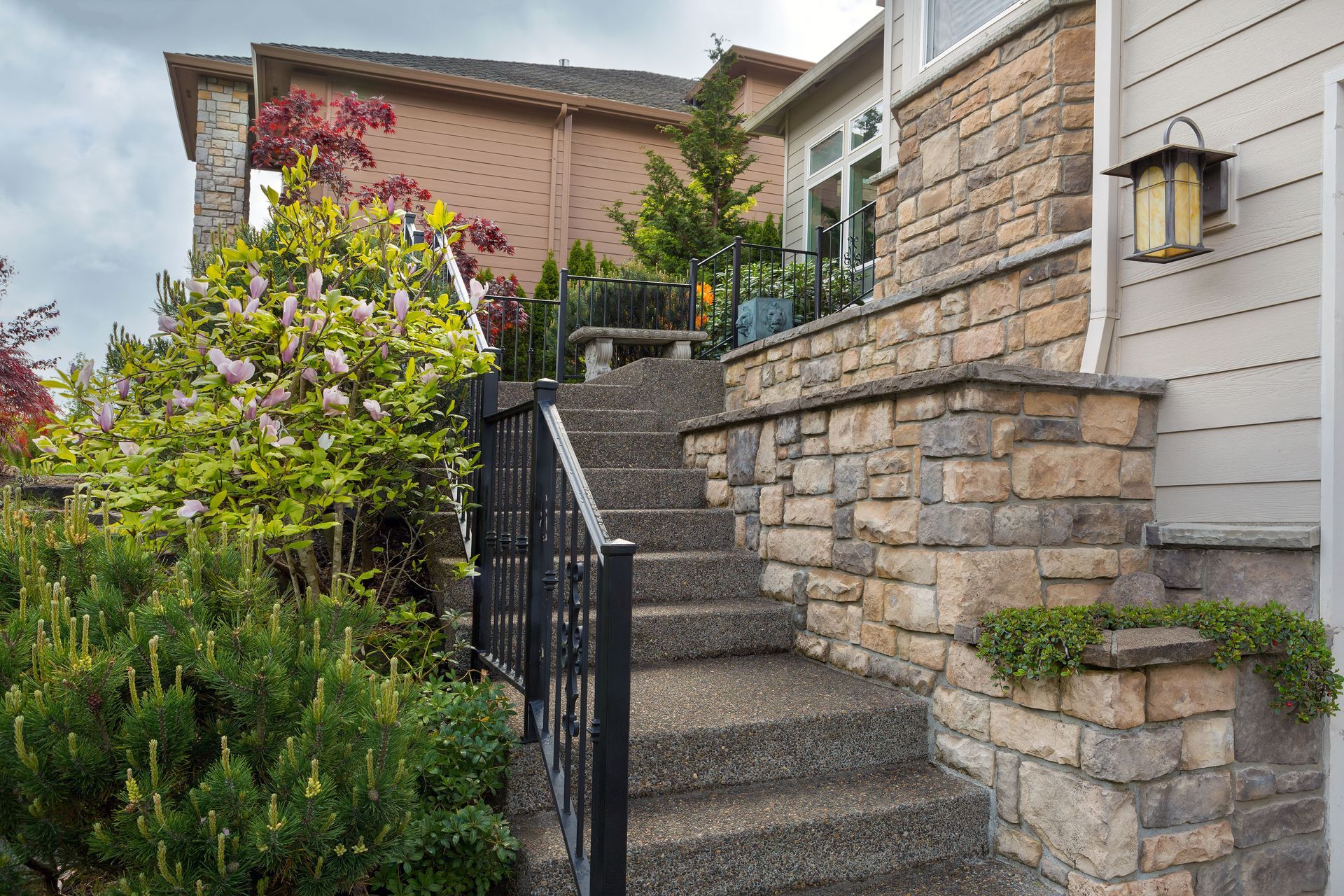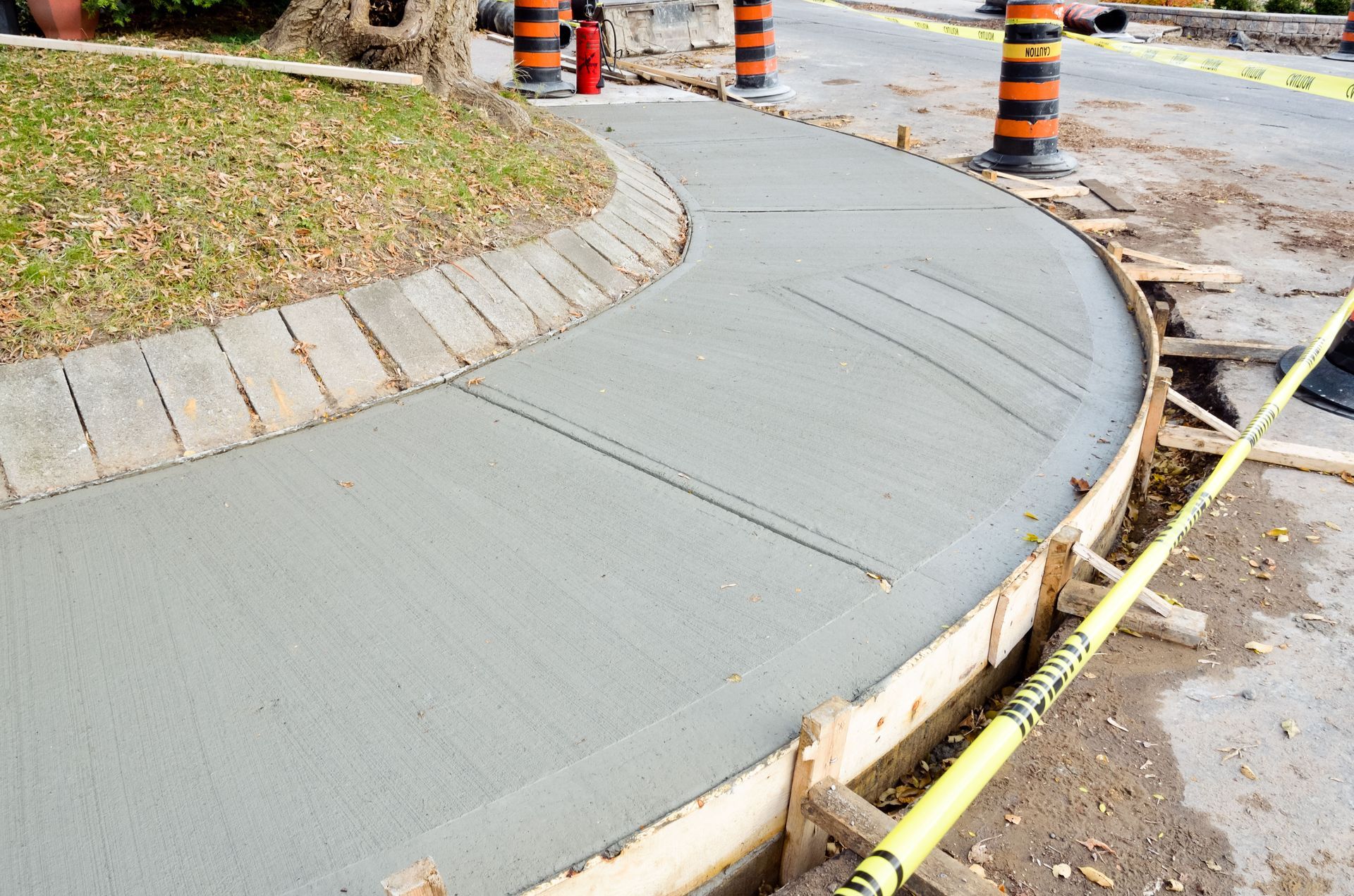What Factors Should I Consider When Hiring a Local Concrete Contractor?
Hiring a local concrete contractor involves more than simply picking a name from a directory. The success of your construction or renovation project depends largely on who you hire. This guide outlines the critical factors to evaluate so you can confidently select a contractor who delivers quality results and professional service.
Check Their Reputation Through Past Clients
Before making your decision, thoroughly research the contractor's reputation. Rather than relying solely on online reviews, talk to past clients. Ask for references and follow up with them to learn more about the contractor's work ethic, project outcomes, and communication. These conversations will offer first-hand insight into whether the local concrete contractor met expectations and resolved issues promptly.
Also, inspect their completed projects. Seeing results in person helps you assess the quality of finishing, attention to detail, and the overall durability of the concrete work.
Examine Their Experience and Past Projects
A contractor's experience should align with the needs of your project. Whether you need a stamped patio, driveway, or foundation, your chosen local concrete contractor should have completed similar jobs. Ask how long they’ve been in business and request to see a portfolio. Contractors who have operated in your region for years are more likely to understand local conditions, building codes, and material sourcing challenges.
According to Concrete Network, concrete takes roughly 28 days to fully cure, but continues to strengthen. A seasoned professional will account for this curing time in their timeline and schedule project phases accordingly.
Evaluate the Quality of Materials Used
Concrete quality varies based on the mix and materials. Ask where the contractor sources their cement and aggregates, and what mix ratios they typically use. A professional local concrete contractor should be able to explain why they choose particular materials and how those choices impact durability and appearance.
Additionally, inquire about quality control processes. Do they monitor consistency? How do they test strength and finish? A contractor with a clear system for overseeing quality is more likely to deliver a successful outcome.
Confirm Insurance and Licensing
Make sure your local concrete contractor is properly licensed to work in your area and carries sufficient insurance. This includes general liability and workers’ compensation coverage. Without these protections, you could be held financially responsible for accidents or damage occurring on your property.
Ask for copies of insurance certificates and verify their validity. A reputable contractor will not hesitate to provide proof. Insurance and licensing are essential indicators of a responsible, professional operation.
Request a Detailed Estimate and Project Breakdown
Get a comprehensive written estimate that outlines the scope of work, materials, labor, and a projected timeline. Make sure the contractor breaks down each cost category so you can compare it accurately with other bids. Don’t settle for vague or generalized pricing—it often hides additional fees.
Clarify payment schedules in advance. Most local contractors will require a deposit followed by payments tied to project milestones. Avoid paying the full amount upfront. A fair, structured plan helps keep both parties accountable.
Observe Their Communication and Professionalism
From your first contact with the contractor, pay attention to their responsiveness and clarity. A professional local concrete contractor should answer your questions in detail and return your calls or emails promptly. Poor communication early on can signal future issues during the project.
You should also ask for a written contract before work begins. The agreement should spell out responsibilities, deadlines, payment terms, and warranties. This protects both you and the contractor and ensures everyone is on the same page.
Inspect Equipment and Team Organization
Concrete work requires reliable tools and equipment. Ask what types of machines and tools the contractor will use and confirm they’re well-maintained. Faulty or outdated equipment can delay the project or result in subpar finishes.
Also, get to know the team. Will the contractor use employees or subcontractors? Who will be your main point of contact during the job? A clear chain of command reduces miscommunication and ensures accountability.
Ask About Their Scheduling and Flexibility
A well-organized local contractor will provide a realistic project timeline, including prep, pour, and curing phases. They should also outline what will happen if weather or other factors delay the job. Flexibility in managing these variables is key to staying on schedule without compromising quality.
Ask if they plan to work on multiple projects simultaneously. While this is common in the industry, your contractor should not stretch themselves so thin that your project gets neglected. Make sure they allocate enough resources to finish your job efficiently.
Clarify Post-Project Support and Warranties
Even well-done concrete work can develop issues over time. Ask your local concrete contractor if they offer a warranty on materials and labor. A strong warranty typically covers cracking, flaking, or improper curing.
Also, ask how they handle repairs if issues arise. Will they inspect the site personally? How quickly can they respond? Post-installation support demonstrates the contractor's commitment to standing behind their work.
Evaluate Their Understanding of Local Regulations
Each locality has specific codes and regulations for concrete installations. Your local contractor should be well-versed in these requirements and obtain any necessary permits before starting. Failure to comply can result in fines, project delays, or forced removal of the work.
Contractors familiar with your area’s soil conditions, climate, and zoning regulations are better prepared to offer durable, code-compliant solutions.
Review Contract Terms Thoroughly
Before signing a contract, review all clauses carefully. Make sure every verbal agreement is documented in writing, including the timeline, materials, and payment terms. If the contractor offers additional services such as sealing or maintenance, clarify whether they’re included in the quoted price.
A well-drafted contract serves as a detailed roadmap for the entire project, clearly outlining the responsibilities, expectations, and obligations of both the homeowner and the local contractor. It defines key components such as the scope of work, materials to be used, project timeline, payment schedule, and any warranties or guarantees. By documenting these details in writing, the contract eliminates ambiguity and ensures that everyone is on the same page from the start. This proactive approach significantly reduces the likelihood of misunderstandings, scope creep, or disputes during the course of the job. In the event of a disagreement, the contract can serve as a legal reference point to help resolve issues quickly and fairly. Ultimately, it provides structure, accountability, and peace of mind throughout the construction process.
Schedule a Final Walkthrough and Clean-Up Plan
Once the work is done, conduct a final inspection with your contractor. Look for cracks, uneven surfaces, or discoloration. The contractor should correct any issues before considering the job complete.
Also, confirm their clean-up plan. A professional local contractor will remove debris, power wash affected areas, and leave your property in good condition. Cleanliness is a small but important marker of professionalism.
Hiring the right local concrete contractor requires careful evaluation across several key areas—experience, materials, insurance, communication, and pricing. By thoroughly vetting potential candidates and asking the right questions, you set your project up for success.
Every step—from reviewing their portfolio to verifying insurance and clarifying expectations in writing—helps you avoid costly mistakes and delays. Keep in mind that concrete work is a lasting investment. Selecting a contractor who prioritizes quality, safety, and communication ensures your structure will stand strong for years to come.
For reliable, top-tier service in your next concrete project, contact Peter LaLicata & Son Cement Contractors Inc . Our team is ready to deliver quality craftsmanship and dependable service for all your concrete needs.





Share On: